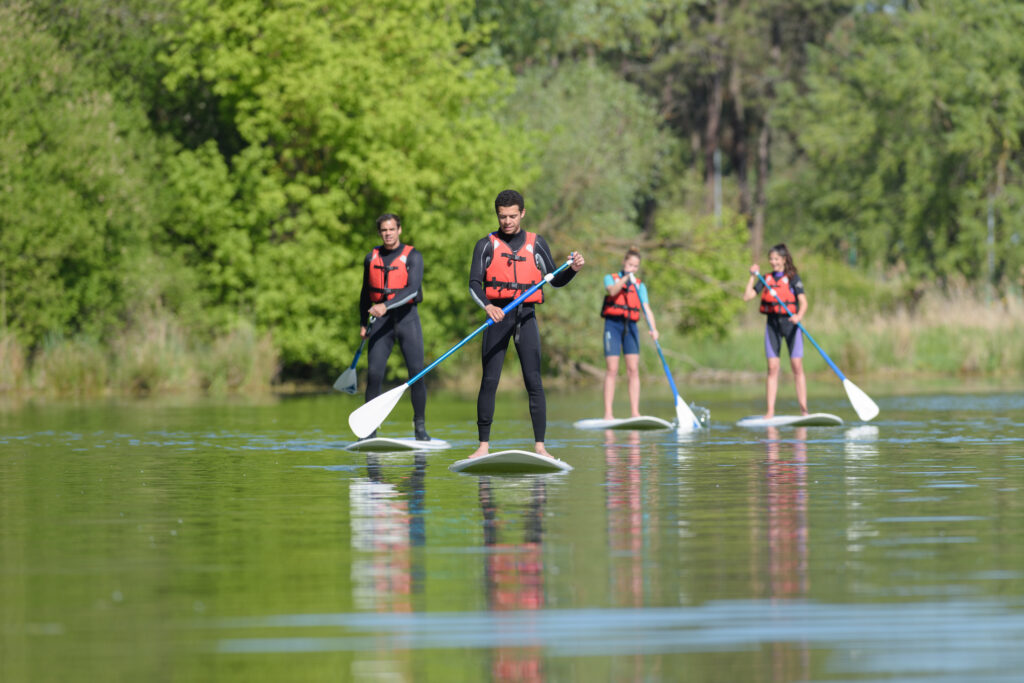2024 PhD Project

About The Project
There is growing public concern about the contamination of rivers and streams in the UK and implications to human health. Yet, while the levels of faecal bacteria in designated bathing waters (primarily coastal) are carefully monitored and regulated, this doesn’t include most rivers and streams that are used recreationally by community members. Due to antibiotic resistance, some bacterial infections are becoming more difficult to treat, making it increasingly important to prevent infections whenever possible.
While local rivers and streams in Nottingham are extensively used for recreation by residents, there is only one designated bathing water site at West Lake at Colwick Country Park. All other local rivers, streams and lakes are not monitored for the presence of potentially harmful bacteria. Nottinghamshire residents accessing these sites both formally (e.g. organised water sports, angling, etc.) and informally (e.g. paddling) therefore have a high level of exposure to potential harmful bacteria, with water-borne illness being a well-known issue experienced by local water sportspersons, colloquially termed “Trent belly”.
This project will take a citizen science approach, engaging local community members in the collection of river water samples at the sites they use and care about. Samples will be analysed microbiologically to determine the levels of faecal bacteria, and their sensitivity/resistance to common antibiotics. Samples will be taken at regular intervals over time, to help us understand how long faecal bacteria remain in the river after sewage contamination occurs.
This research will be undertaken in partnership with the Environment Agency East Midlands branch, supporting their ongoing efforts to monitor local water quality. The data will be used to develop a model to quantify the risk to human health that will be shared with community participants along with information about antibiotic resistance and advice on infection prevention.
This project has been co-created and is supported by researchers from Nottingham Trent University, the University of Nottingham, and partners at The Environment Agency, East Midlands.
Project Aims
The overall aims of the project are:
- To determine the numbers of antibiotic resistant and antibiotic susceptible faecal bacteria in a wide range of local river water and sediment samples, and how these change over time in a selection of local river water sites frequently used recreationally by the community
- To engage local community members with science and raise awareness about antibiotic resistance and how it can be tackled
- To develop a model for quantitative assessment of risk to human health from faecal contamination of river water and a tool for data visualisation and dissemination.
The Project Team
- PhD Candidate: Beth Gill, NTU
- Lead Academic Supervisor: Dr Jody Winter, NTU
- Academic Co-Supervisor: Dr Dov Stekel, UoN
- Community Supervisor: Martin Winter, The Environment Agency (East Midlands)
